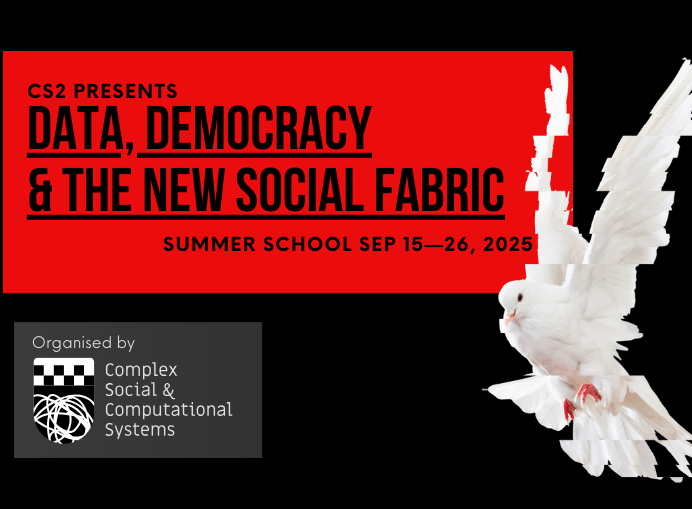The Arqus AI& Digital Transformation Living Lab will organise a themed day as part of the Summer School that will focus on the impact of social media on democracy and society in general. Critical factors such as digitalisation and artificial intelligence and their impact on society and democracy will be examined.
What is it about?
With a mix of political philosophy and computational data science, the programme will start from the conceptual foundations of democracy and lead to topical discussions on the interactions between social media and democracy, the ethical role of science and researchers in the digital age, and new ideas for the future of governance and social media.
There will also be a hybrid event that will allow participation from both the public and students/teachers from Arqus universities.
Summer School: Scholarships available
The Arqus AI&DT Living Lab is offering two scholarships for students (€2,000 each), with preference given to first-generation students. These scholarships are awarded to students from Arqus universities. Preference will be given to women among equally qualified candidates.
Enrolment
The Summer School will be organised by the Complex Social & Computational Systems Lab at the University of Graz from 15 to 26 September 2025. The application deadline is 13 April 2025.
The programme is aimed at Master's students, PhD students and postdocs from the fields of computational social sciences, computer science, data science, mathematics or related fields. Students with a social science background and basic programming skills (Python/R) are also encouraged to apply.
Topics
- Philosophical foundations of democracy and social networks Impact of social media on democracy and society as a whole
- Ethics of science in the use of large social data sets
- Epistemologically sound use of data and models from social media
- The future of democracy and the internet
Participation fee
There is no fee to attend the summer school, but travel and accommodation costs will not be covered. Limited number of scholarships available. Further information can be found onthe Summer School website and at ddnsf@uni-graz.at.
